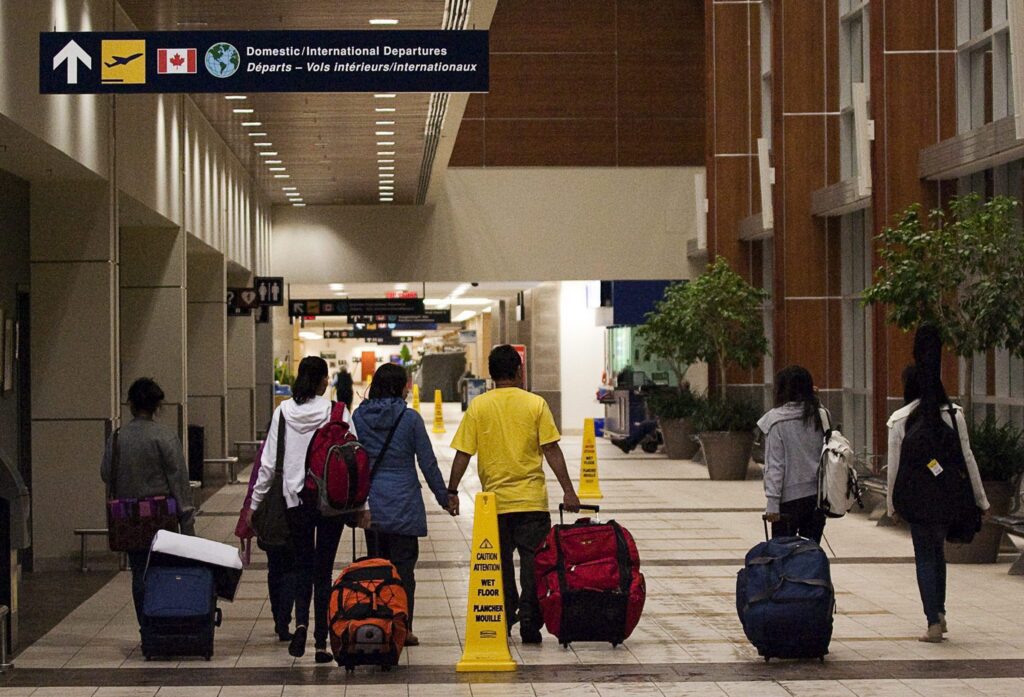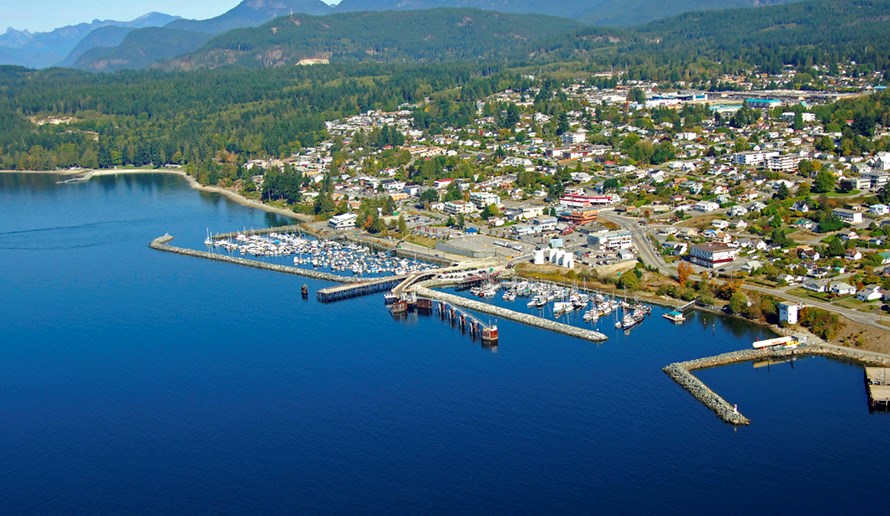Every year, the World Happiness Report tracks self-reported well-being around the world. The latest results are in, and I must report that all is not cheery in our northern half of North America. Canada is becoming a nation of truly morose citizens. And before you blame the weather, the four happiest countries are Finland, Denmark, Iceland, and Sweden.
At first glance, all seems well enough. Of the 143 countries measured, Canada achieved a moderately respectable rank of 15th. The trouble starts when you look at the results a little closer. It turns out, Canada’s life satisfaction peaked in 2010 with a score of 7.65, and has been declining every single year since 2017 – dropping to 6.84 in 2023.
This decline appears to be driven by younger generations. If you compare the results of Canadians over sixty with people around the world of the same age, Canada ranks 8th in life satisfaction. When you do the same comparison with Canadians aged thirty to forty-four, Canada ranks 28th. If you compare those under thirty, Canada ranks 58th!
Should Millennials and Gen Z get up and “clean their room” as Jordan Peterson would advise? Probably – it definitely wouldn’t hurt. However, when you see a decline in happiness this significant and enduring, larger factors are at play.
We tend to assign the vague label “societal” to factors which influence social trends, while ignoring the most powerful force shaping society: the government. If a country is becoming steadily unhappier, it is entirely reasonable to place a good portion of the blame squarely at the feet of its rulers.
My esteemed critics will object that such lofty matters are not part of the mandate of government officials. If not, what on earth are we paying them for? In 2020, Canadian taxpayers transferred $166.75 billion to the federal government. If these funds were well administered, they would be more than enough to help address both material and immaterial concerns.
Instead, successive prime ministers of every political stripe have endeavoured with a single-minded focus to grow our Gross Domestic Product (GDP), which measures the total goods and services Canada produces. The irrelevance of the GDP as an indicator of real well-being becomes obvious when you consider that policies like free trade or mass immigration – which harm Canadians – actually increase the GDP!
One government charting a more compassionate path is the hereditary monarchy which rules Bhutan, a Buddhist kingdom of 727,000 souls in the misty Himalayan mountains. Since the early 1970s, they have pursued happiness as a state policy, prioritizing the health and well-being of their population over material consumption. Instead of Gross Domestic Product, Bhutan measures Gross National Happiness.
The World Happiness Survey found that loneliness is on the rise among young Canadians. This finding dovetails with a recent revelation that one in four deaths of Canadians in their twenties in 2021 were opioid-related.
How about the feds cancel the hundreds of millions of dollars spent on woke diversity initiatives, and redirect that money towards local community events and charities which boost well-being?
Editor’s note: My Counter Current column is published once every two weeks in the Islands Marketplace paper on Salt Spring Island (islandsmarketplace.com/issue.pdf). This piece was published on April 19th, 2024.

All content on this website is copyrighted, and cannot be republished or reproduced without permission.
Share this article!




The truth does not fear investigation.
You can help support Dominion Review!
Dominion Review is entirely funded by readers. I am proud to publish hard-hitting columns and in-depth journalism with no paywall, no government grants, and no deference to political correctness and prevailing orthodoxies. If you appreciate this publication and want to help it grow and provide novel and dissenting perspectives to more Canadians, consider subscribing on Patreon for $5/month.
- Riley Donovan, editor